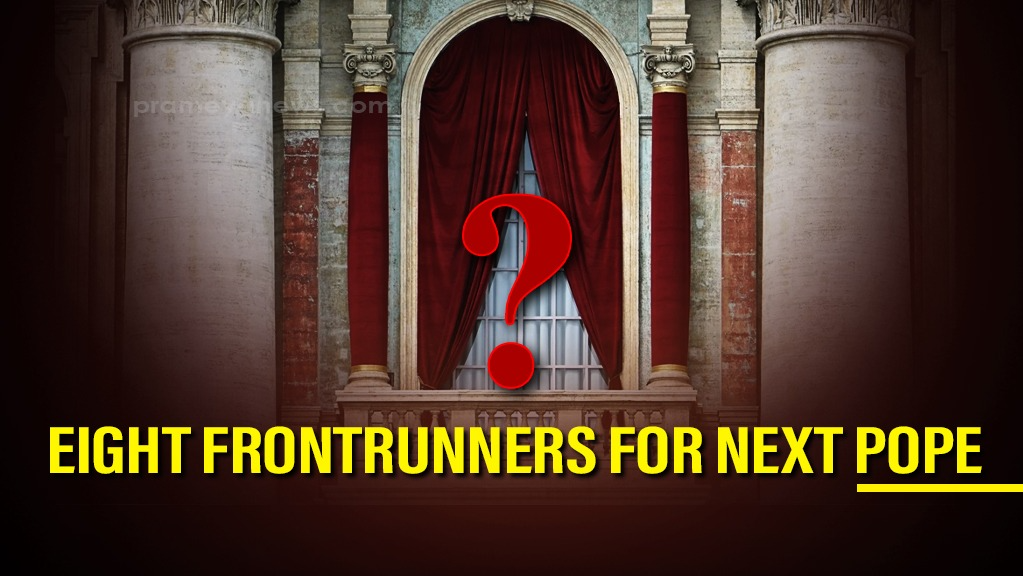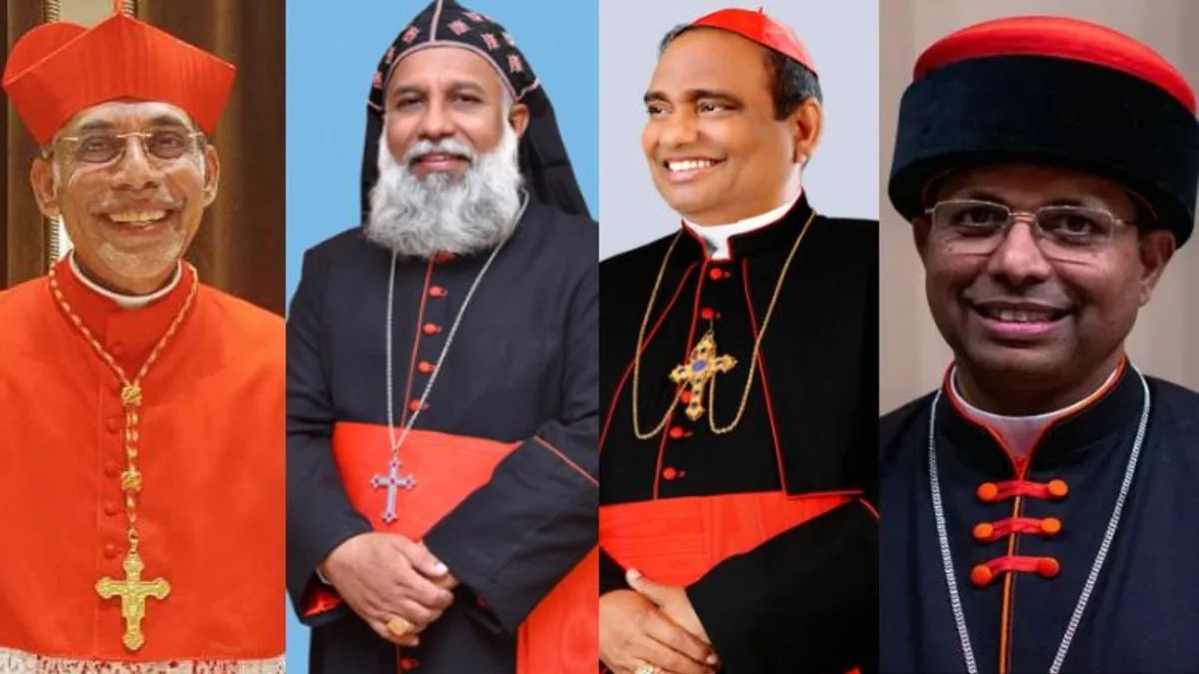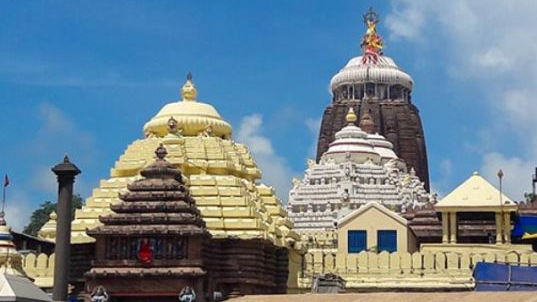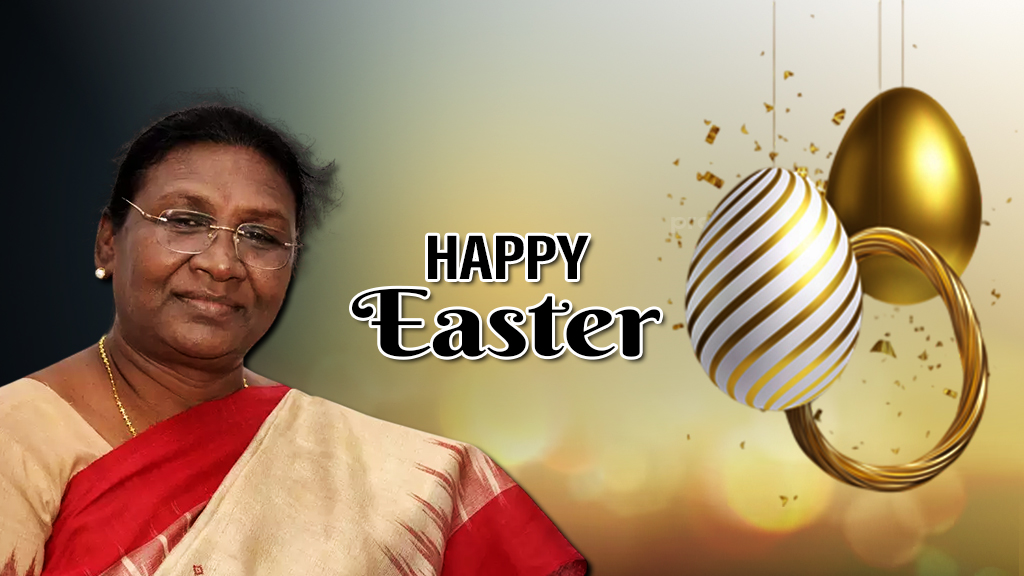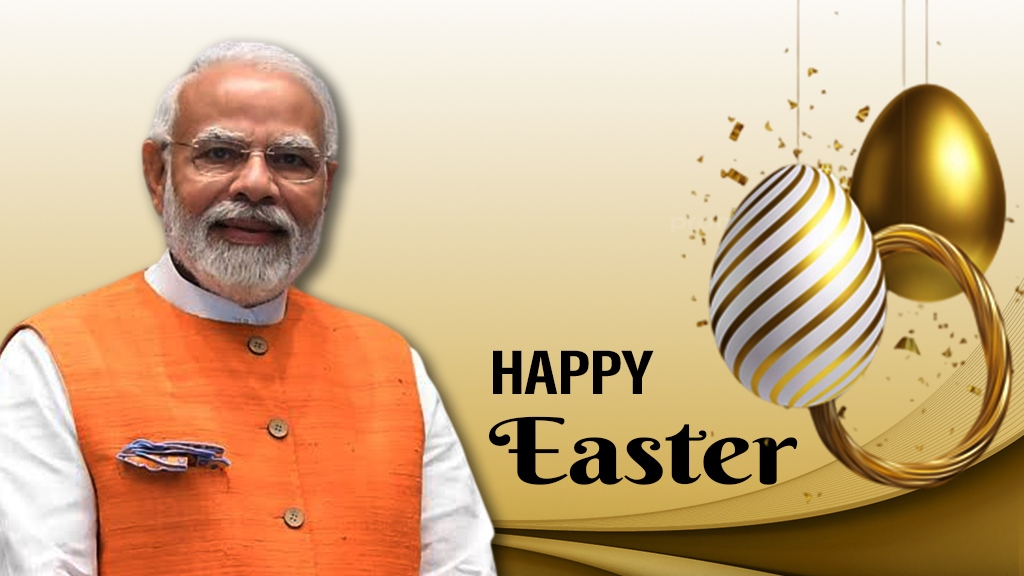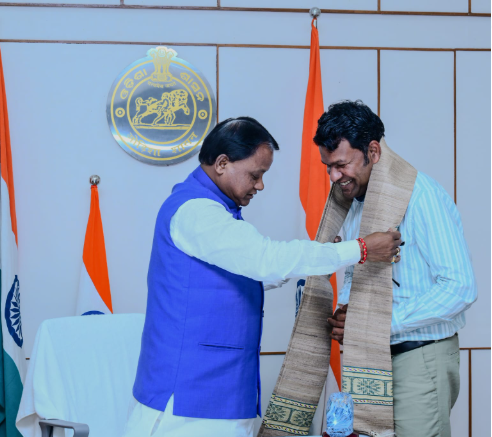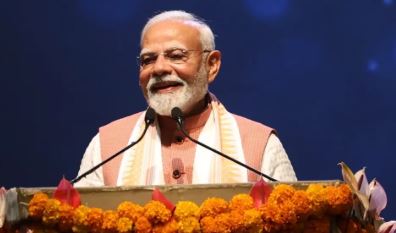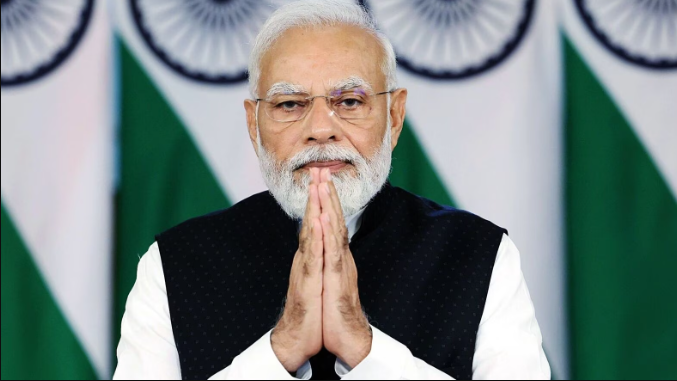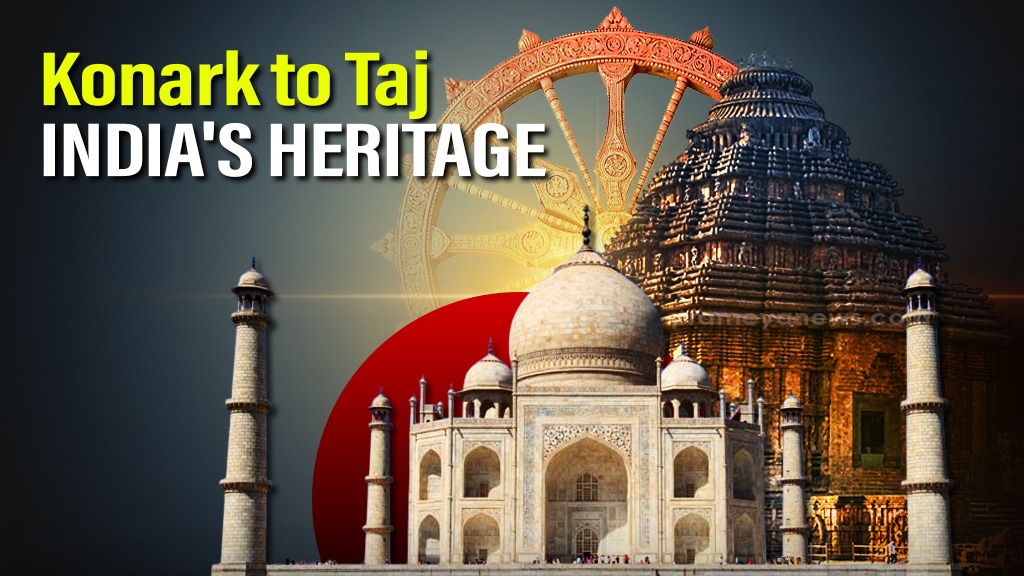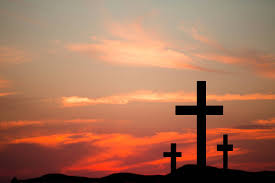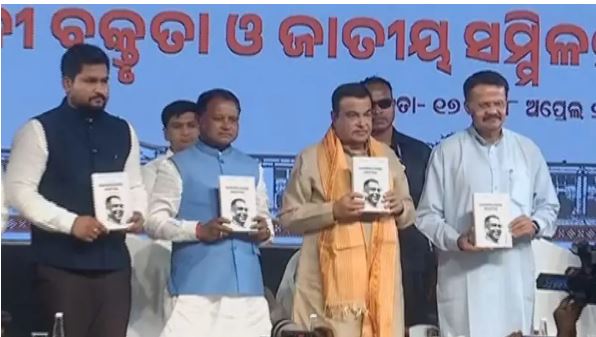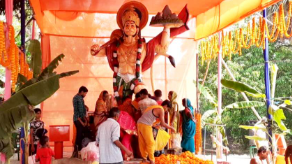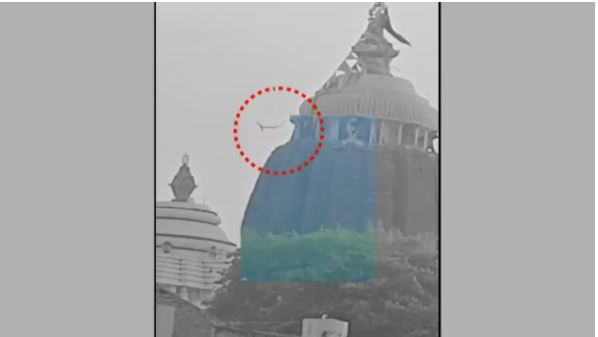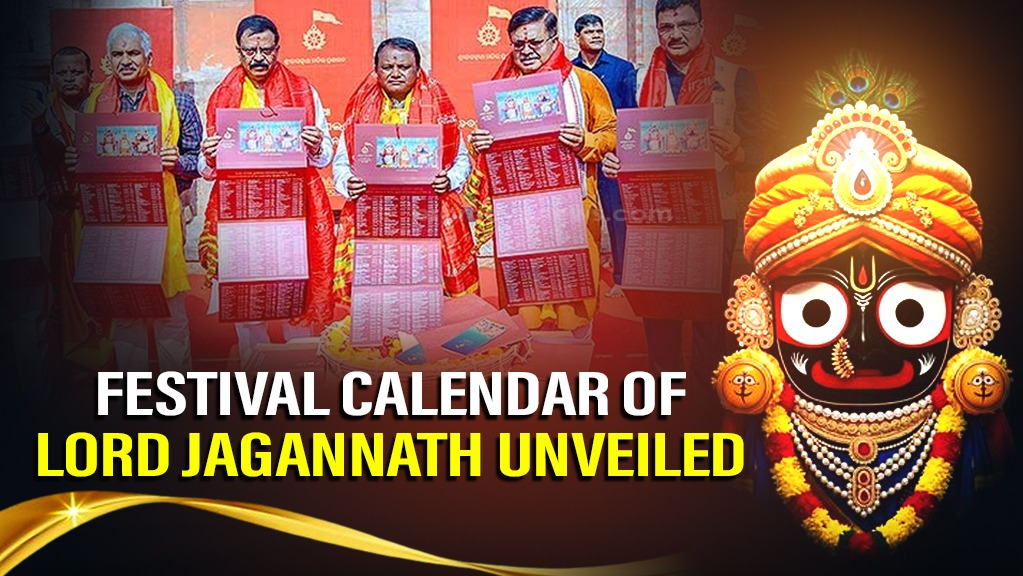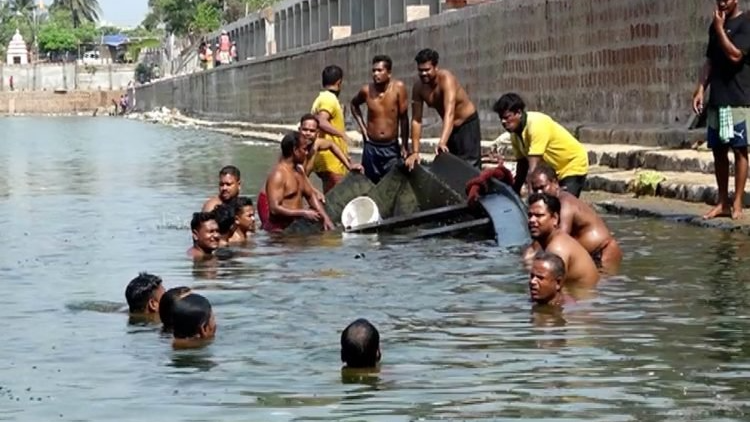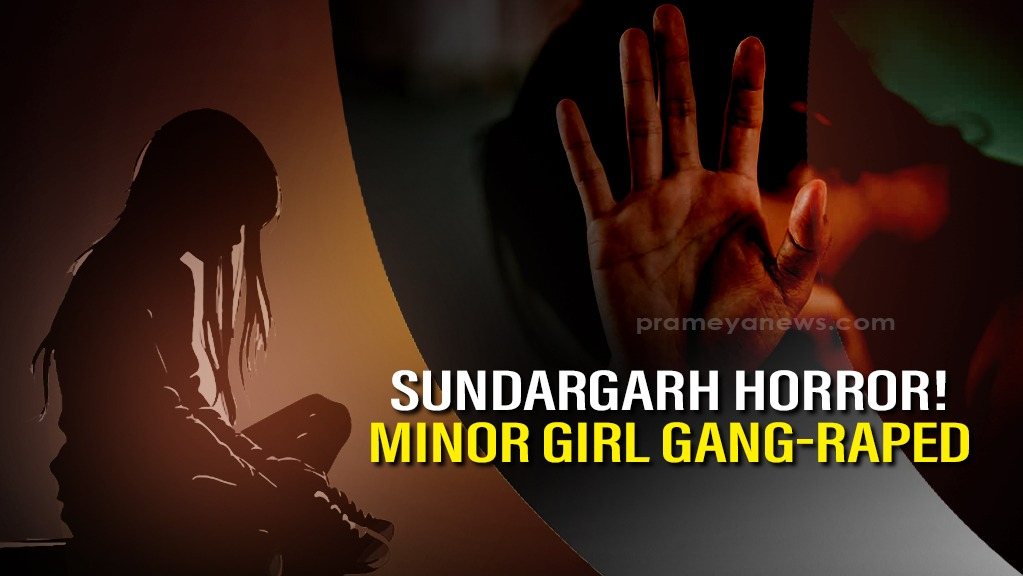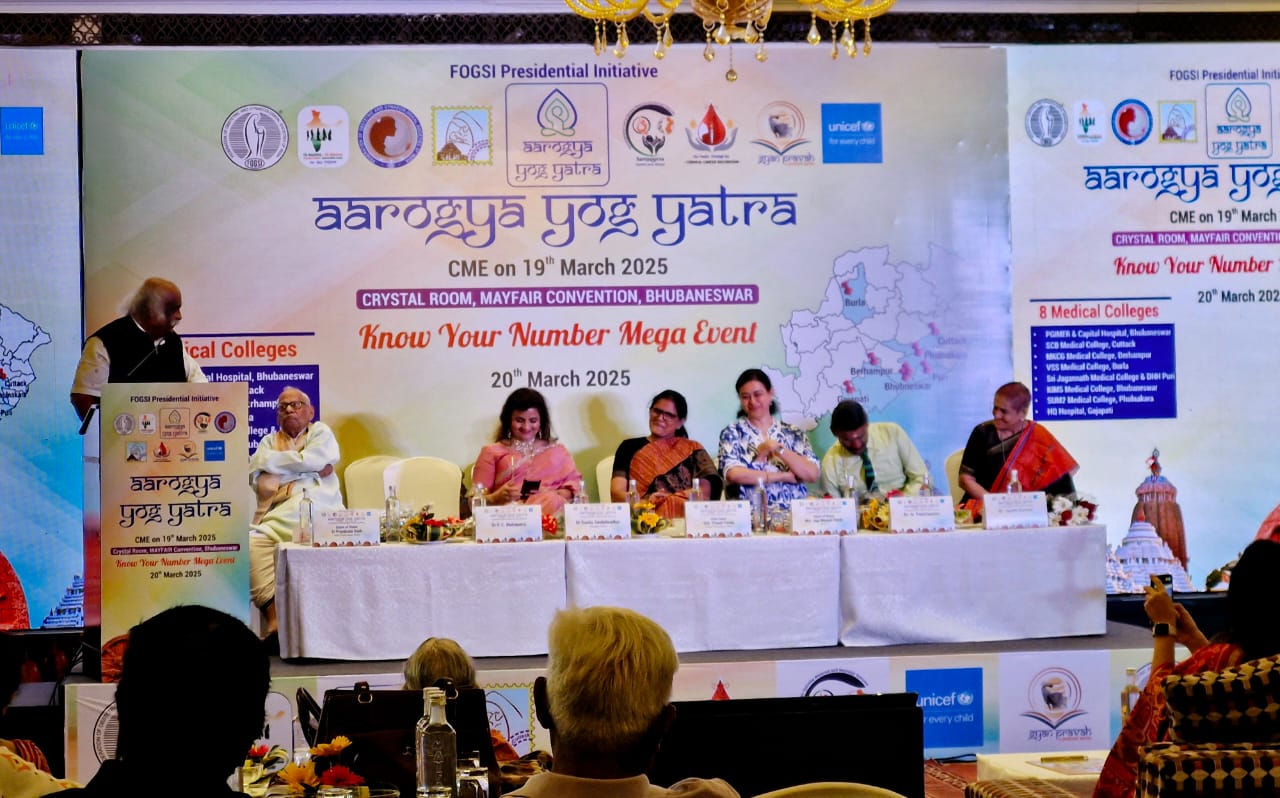Eight Possible Successors to Pope Francis
Following the death of Pope Francis at age 88, the Roman Catholic Church has entered the sede vacante, the period where the papal seat is vacant, initiating the process to elect a new pontiff. While technically any baptized Catholic male is eligible, the election is conducted by the College of Cardinals, and historically, the choice falls upon one of their own. Among the 138 cardinals currently eligible to vote (those under the age of 80), speculation naturally focuses on a group often referred to as papabili – cardinals seen as having the potential qualifications and support to be elected Pope. Eight cardinal names are taking the rounds as leading contenders.
Join the Whatsapp Channel to Get News updates in english
Potential Candidates for the Papacy
The upcoming conclave will bring together cardinal electors representing diverse geographical origins and theological perspectives. The following individuals are often cited in discussions about potential successors:
Cardinal Pietro Parolin (70, Italy): As the Vatican's Secretary of State for the past 11 years under Pope Francis, Parolin holds a position of significant influence and diplomatic experience within the Curia. Appointed cardinal by Francis in 2014, his election could signify continuity with the previous pontificate. He is often considered a frontrunner in early speculation.
Cardinal Luis Antonio Tagle (67, Philippines): Sometimes referred to as the "Asian Pope Francis," Tagle is known for a more left-leaning stance and has voiced criticism regarding the Church's past approach to marginalized groups, including LGBTQ+ individuals and divorced Catholics. As a prominent figure from Asia, his election would be historic, making him the first Pope from the continent. He was made a cardinal by Pope Benedict XVI in 2012.
Cardinal Peter Erdo (72, Hungary): A former president of the Council of Bishops' Conferences of Europe, Erdo is a long-standing figure in Church governance and is generally viewed as belonging to the conservative wing. He has previously upheld traditional stances on the indissolubility of marriage regarding communion for the divorced and remarried. Pope John Paul II appointed him cardinal in 2003.
Cardinal Matteo Zuppi (69, Italy): Serving as President of the Italian Episcopal Conference and Archbishop of Bologna, Zuppi is considered an insider within Francis's Vatican circle. He undertook sensitive diplomatic missions for Pope Francis, including peace efforts concerning Ukraine and outreach to the US administration. His elevation to cardinal occurred in 2019 under Pope Francis, positioning him as potentially representing Francis's vision.
Cardinal Fridolin Ambongo Besungu (65, Democratic Republic of the Congo): Leading the Symposium of Episcopal Conferences of Africa and Madagascar (SECAM), Cardinal Besungu represents a significant voice from the African continent. He is known for his conservative stance, notably rejecting the Fiducia supplicans declaration concerning blessings for irregular couples within Africa, a position reportedly affirmed by Pope Francis.
Cardinal Mario Grech (67, Malta): As Secretary General of the Synod of Bishops, Grech has been central to Pope Francis's emphasis on synodality (journeying together). He is perceived as a moderate figure who has advocated for outreach to those feeling alienated from the Church due to marital status or sexuality. Pope Francis made him a cardinal in 2020.
Cardinal Willem (Wim) Eijk (71, Netherlands): A former physician, Cardinal Eijk is the Archbishop of Utrecht and is regarded as a prominent conservative voice. He was made a cardinal by Pope Benedict XVI in 2012 and has openly opposed certain pastoral accommodations suggested during Francis's pontificate, particularly regarding remarriage after divorce without annulment.
Cardinal Raymond Burke (76, United States): An American prelate known for his staunch traditionalism and advocacy for the Latin Mass, Cardinal Burke has been a vocal critic of perceived liberal shifts under Pope Francis. He has challenged teachings related to communion for the divorced and remarried and expressed reservations about evolving language concerning contraception and homosexuality. Pope Benedict XVI elevated him to cardinal in 2010.








